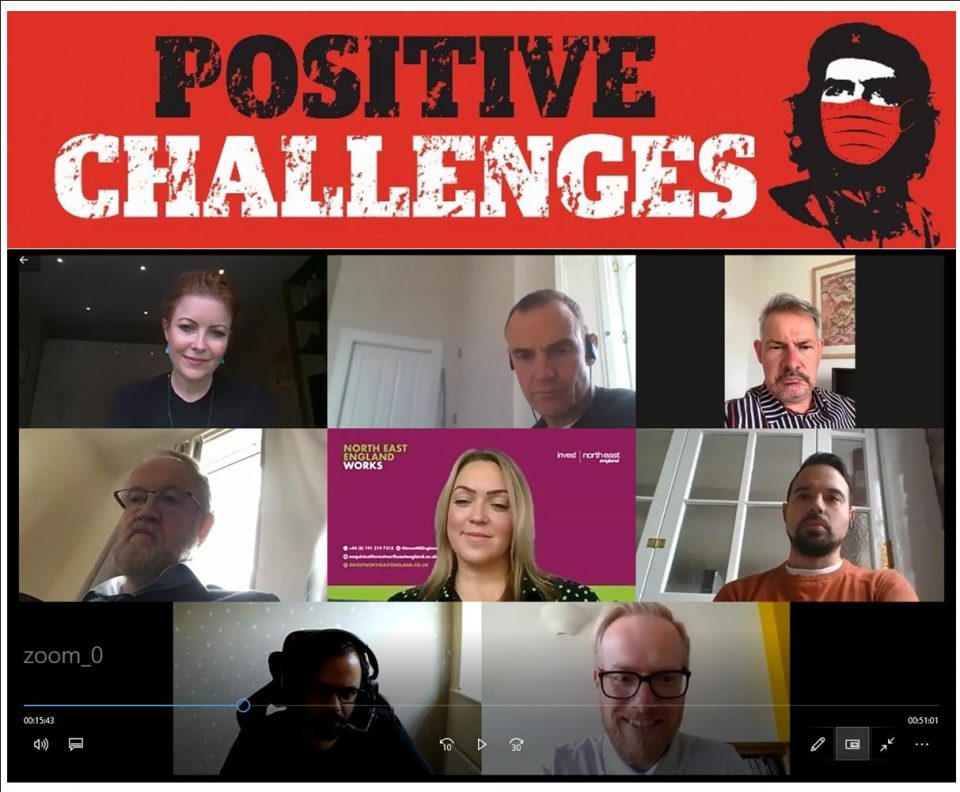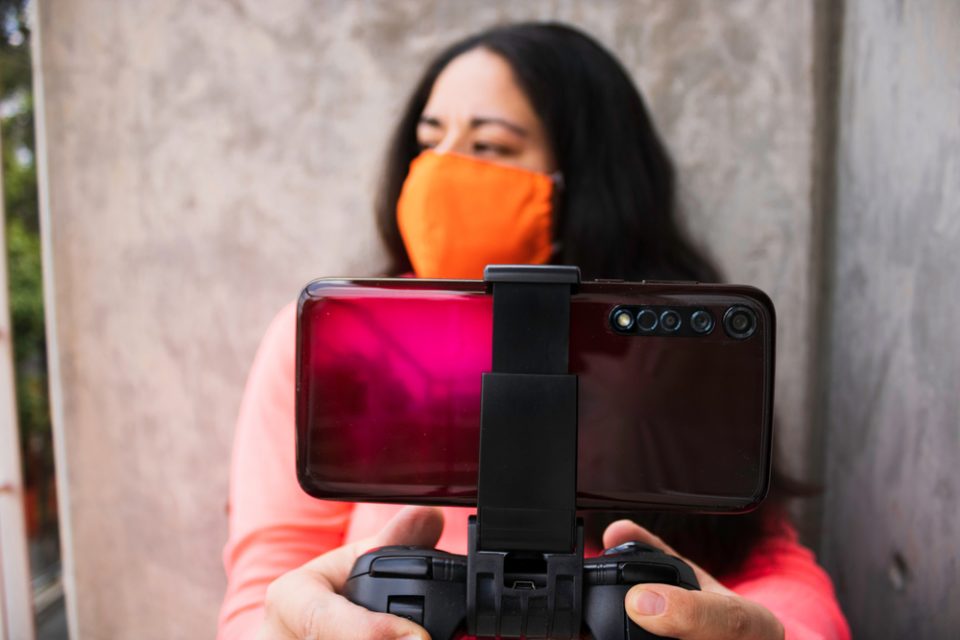COVID doesn’t stop play for UK’s gaming sector
In the first of the series, Positive Challenges hears from senior figures working in and supporting the UK’s games sector.
The gaming industry still flourishes under the pandemic, becoming one of the most resilient industries. On the panel we have:
The gaming industry has been a key part of the 21st-century economy during the pandemic, with productivity remaining at 80% during the worst of the virus.
Gaming has boomed during the lockdown, with many people playing with family and friends from home. There have been two big releases, The Last of Us 2 and Animal crossing, and an increase of 45% in game revenue. Gaming’s ingenuity and flexibility have been emphasised during COVID-19 as many elements used in film can be transferred to gaming.
Implications of remote working
COVID-19 has accelerated changes, such as a move from an office environment to flexible remote working, meaning talent can be hired from all over the world with the introduction of homeworking innovations. Many forums have gone digital, allowing the gaming community to grow globally during the pandemic.
Opportunities the crisis has revealed for the sector and challenges that need to be overcome
25% of game studios are still hiring but are struggling to recruit, especially with concerns over Brexit, coupled with COVID-19. The industry aims to grow by showing people in education the options in gaming careers.
The impact on the sector of the increased supply of skilled people
There is a large amount of money ready to be invested into new talent through apprenticeships but a lack of opportunities to do so fully. Degree apprenticeships and more companies using available funding will help the games industry to thrive. The educational aspects about gaming, showcasing the infrastructure from design to maths and how you construct a game is needed to show all the opportunities in the industry.
Measures the government is taking to accelerate trade and investment recovery
European funding has led to major projects and allowed access to kit and equipment for game studios to make new content. The government is key to ensuring growth and access to funding for programmes and skills in gaming. The government is planning a trade and development bounce back package to be launched in September which will provide more digital support allowing the industry to grow.
Some companies don’t have network or funding for new IP creation
New IP needs to be picked up and allowed to play its part in the economy. The UK Games Fund provided some funding but that has run out and it’s estimated £25m is needed to ensure the demand for studio and talent development is met. Gaming’s role in the economy is being taken seriously during COVID-19, providing numerous opportunities with people gaming more and other forms of media being brought into gaming. The recent Fortnite stage is one example of how remote working forces people to think more creatively with virtual platforms.

Top row left to right
Dr Jo Twist, CEO of Ukie
Stuart Rowa-Dewar, Positive Challenges
Alasdair Nimmo, Positive Challenges
Middle row left to right
Neil Semple, Creative Content Lead, Creative, Lifestyle and Learning, the Department for International Trade
Rachel Burdis, Inward Investment Manager, Invest North East England
Justin Alae-Carew, Head of Games (Commercial) at Blazing Griffin
Bottom row left to right
Mark South, Chief Operating Officer of Double Eleven a games developer and video game publisher
Ken Nettleship, Business Expansion Specialist, Invest





